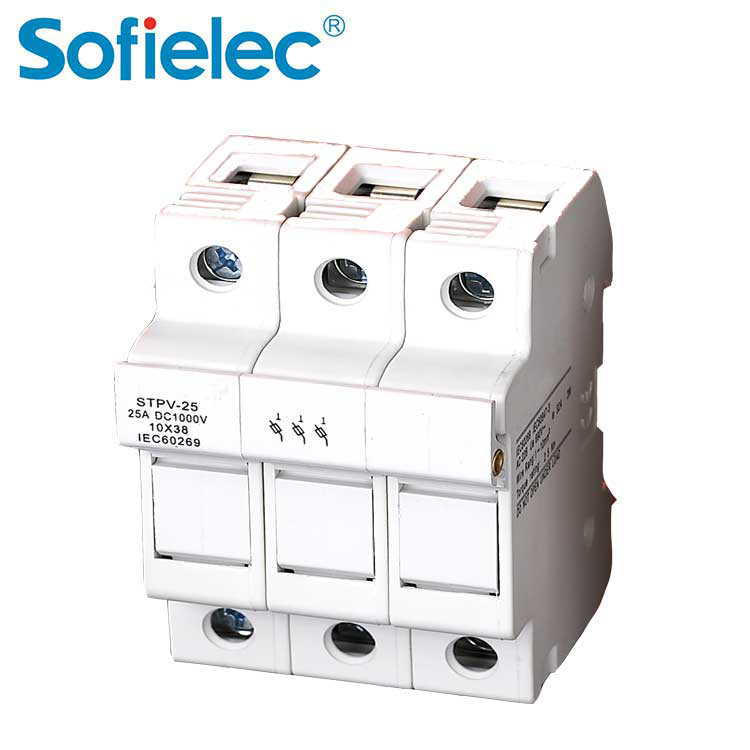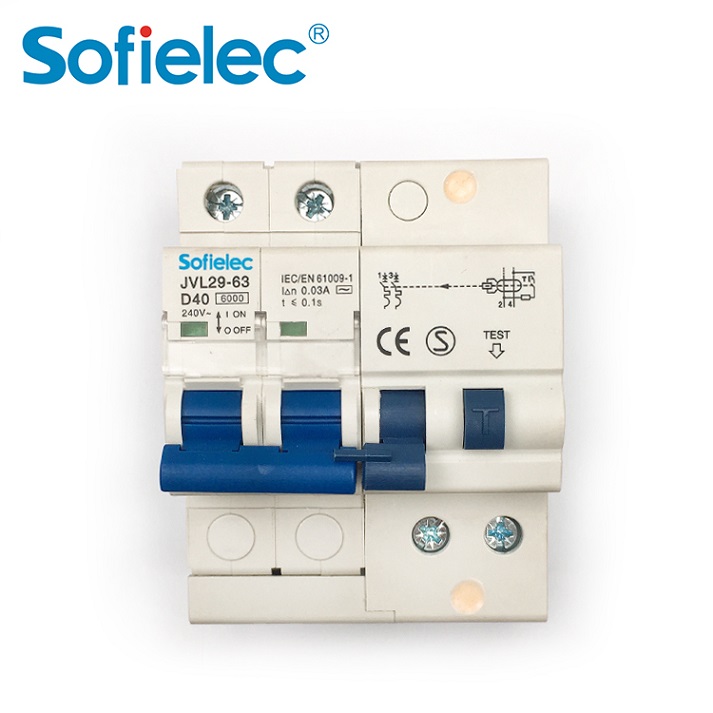What is a Fuse
An electrical fuse is a crucial safety component in electrical systems designed to prevent damage and maintain circuit integrity. It serves as a protective barrier that helps ensure the safety and reliability of electrical circuits.
1.electrical fuse Function:
- Overload Protection: A fuse safeguards electrical circuits from excessive current by interrupting the flow when the current exceeds a certain threshold. This prevents overheating and potential damage to wiring and components.
- Short Circuit Protection: In the event of a short circuit, where the current bypasses the intended path and flows directly through a low-resistance route, the fuse acts quickly to break the circuit, mitigating the risk of fire or further electrical damage.
- Prevention of Equipment Damage: By disconnecting the circuit during faults, a fuse helps protect sensitive electronic devices and components from potential harm, extending their lifespan and maintaining operational safety.
2.electrical fuse Features:
- Current Rating: Fuses are designed with specific current ratings that determine the maximum amount of current they can handle before blowing. This ensures that they match the requirements of the circuit they protect.
- Blowing Mechanism: Fuses contain a metal wire or strip that melts when the current exceeds its rating. The time it takes for the fuse to blow can vary, with some designed to react quickly to transient surges while others handle prolonged overloads.
- Types of Fuses: There are various types of fuses, including glass, ceramic, and automotive fuses, each suited to different applications and environments. Their physical form and construction are tailored to specific needs.

3.Conclusion:
electrical fuse is an essential safety feature in many electrical systems. Its primary function is to protect circuits from damage caused by overloads and short circuits, while its features ensure it operates effectively across various applications. By understanding the role and characteristics of fuses, one can better appreciate their importance in maintaining electrical safety and reliability.



